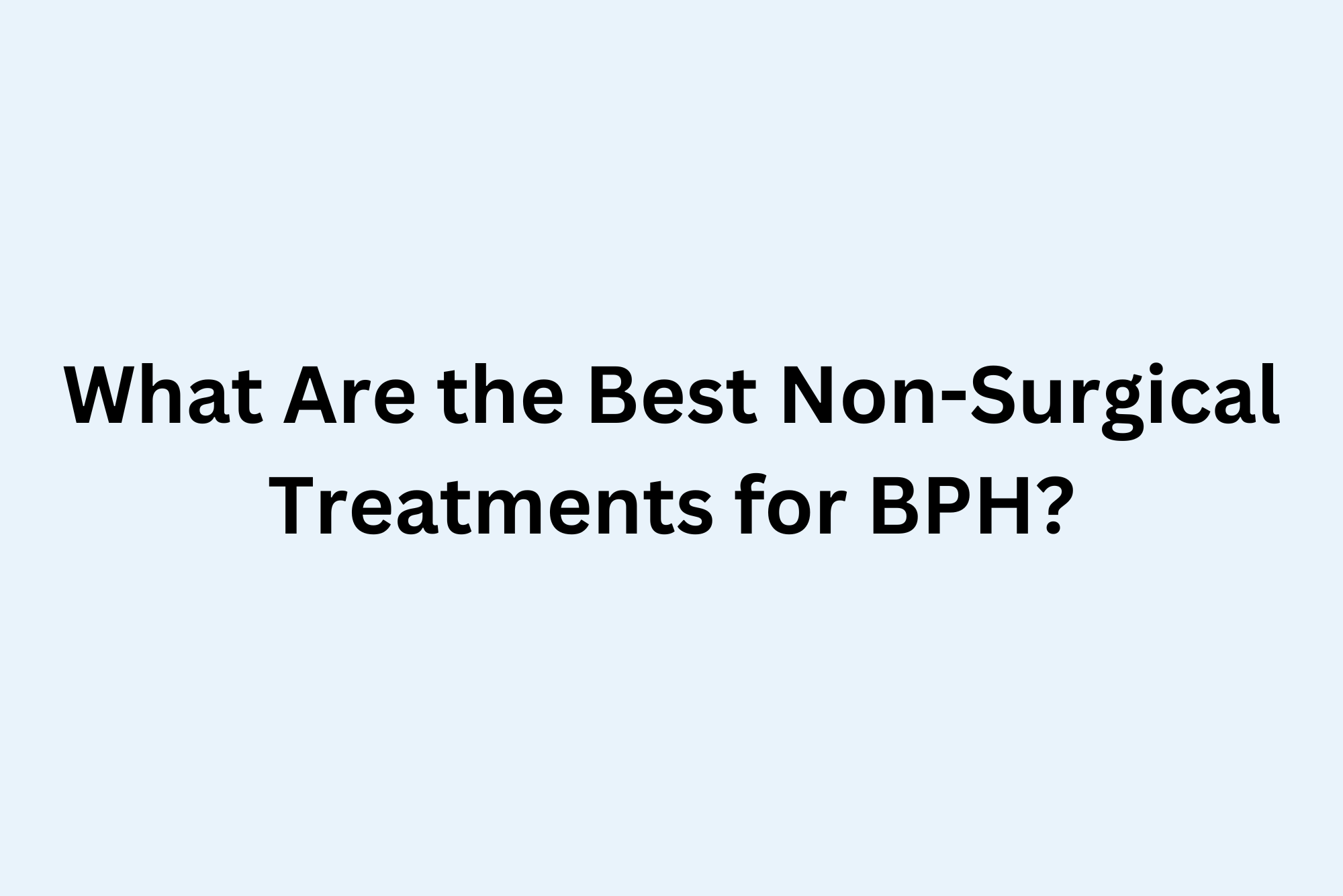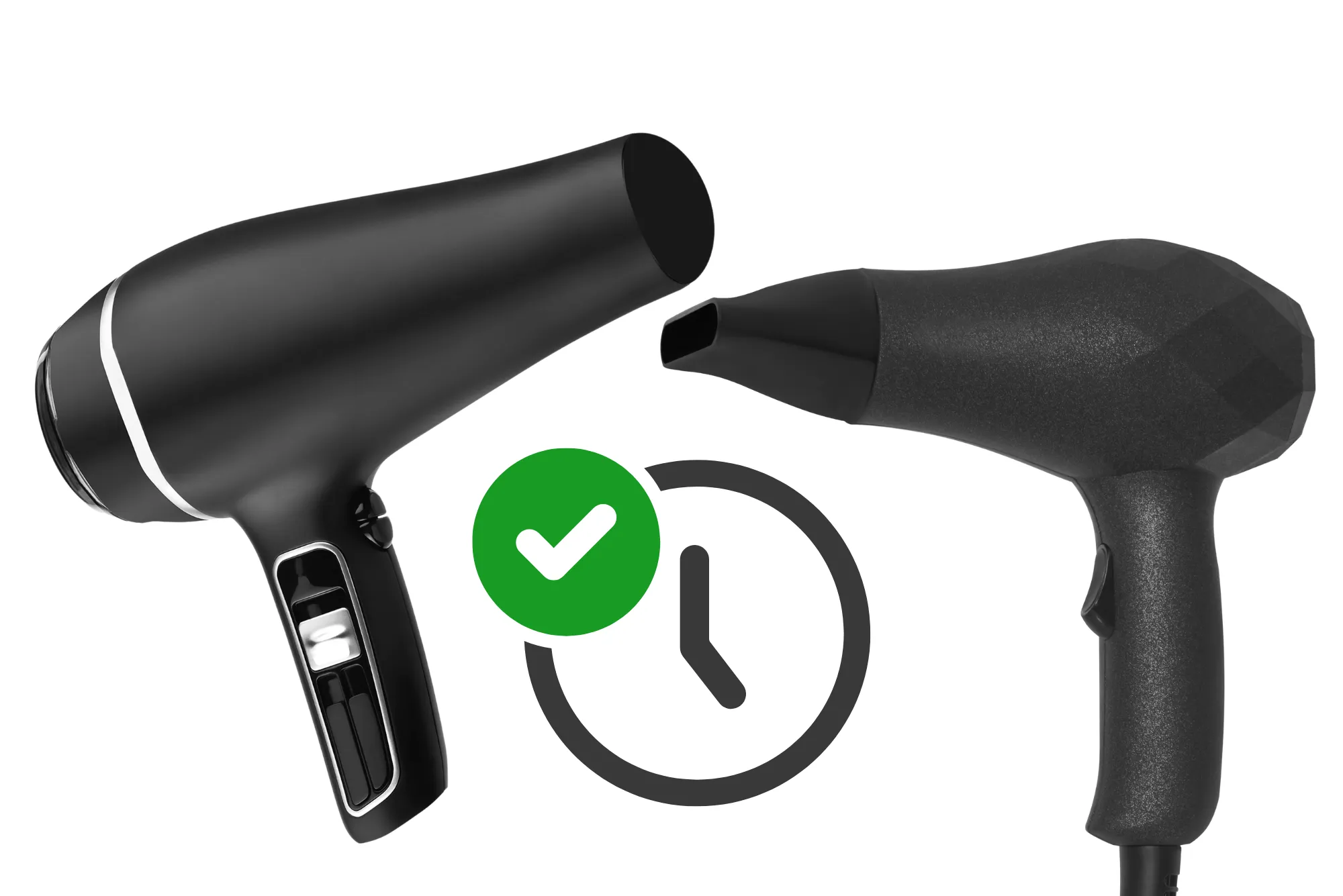Benign Prostatic Hyperplasia (BPH) is a common condition affecting men as they age, leading to symptoms such as frequent urination, weak urine flow, and difficulty emptying the bladder. While surgical procedures are available for severe cases, many men prefer non-surgical treatments to manage their symptoms effectively. Various lifestyle changes, medications, and innovative therapies offer relief without the need for invasive surgery.
Understanding Non-Surgical BPH Treatment Options
Non-surgical treatments for BPH focus on reducing symptoms, improving urinary flow, and preventing further complications. These treatments can range from lifestyle modifications to medication and advanced non-invasive therapies. Choosing the right approach depends on the severity of symptoms and a doctor’s recommendation.
Lifestyle Changes for Managing BPH
Diet and Nutrition
A well-balanced diet plays a crucial role in managing BPH symptoms. Eating foods rich in antioxidants, vitamins, and minerals can reduce inflammation and support prostate health. Key dietary recommendations include:
- Consuming more fruits and vegetables high in antioxidants, such as berries, tomatoes, and leafy greens
- Reducing intake of red meat and processed foods, which may worsen inflammation
- Increasing consumption of healthy fats from sources like fish, nuts, and olive oil
- Drinking plenty of water while limiting caffeine and alcohol to reduce bladder irritation
Exercise and Physical Activity
Regular exercise helps maintain a healthy weight, improves circulation, and reduces BPH-related discomfort. Activities such as walking, swimming, and yoga can be particularly beneficial. Additionally, performing pelvic floor exercises strengthens bladder control and reduces urinary symptoms.
Hydration and Bladder Training
Proper hydration is essential, but drinking excessive fluids before bedtime can lead to frequent nighttime urination. Practicing bladder training techniques, such as scheduled urination and double voiding, helps improve bladder function and reduces urgency.
Medication-Based Treatments for BPH
Alpha-Blockers
Alpha-blockers are commonly prescribed medications that relax the muscles around the bladder neck and prostate, making it easier to urinate. These medications work quickly to alleviate symptoms, but they do not shrink the prostate.
5-Alpha Reductase Inhibitors
These medications help shrink the prostate by blocking the production of dihydrotestosterone (DHT), a hormone linked to prostate growth. While effective, they may take several months to show noticeable improvements.
Combination Therapy
In some cases, doctors recommend a combination of alpha-blockers and 5-alpha reductase inhibitors for more effective symptom management. This approach can provide both immediate relief and long-term prostate size reduction.
Innovative Non-Surgical Therapies
Minimally Invasive Procedures
For men seeking alternatives to medication, several non-surgical therapies can provide relief without major procedures. Some options include:
- Prostatic Urethral Lift (PUL): Uses small implants to open the urethra and improve urine flow.
- Water Vapor Therapy: Applies steam to shrink excess prostate tissue.
- Laser Therapy: Uses laser energy to reduce prostate size with minimal side effects.
These treatments are performed on an outpatient basis and typically have shorter recovery times compared to traditional surgery.
Exploring Natural Remedies
Herbal Supplements
Certain natural supplements have been found to support prostate health and reduce BPH symptoms. Popular options include:
- Saw Palmetto: A widely used herbal remedy that may help relieve urinary symptoms.
- Beta-Sitosterol: A plant extract that improves urinary flow and reduces residual urine volume.
- Pumpkin Seed Extract: Rich in nutrients that support prostate health and hormonal balance.
Before using any natural remedies, consulting a healthcare professional is essential to ensure safety and effectiveness.
The Role of Fasting in BPH Management
Recent studies suggest that intermittent fasting may offer benefits for men with BPH. By reducing inflammation and balancing hormone levels, fasting can help alleviate symptoms naturally. Exploring the potential advantages of fasting BPH can provide further insights into how dietary patterns impact prostate health.
Importance of Following BPH Treatment Guidelines
Staying informed about recommended treatments and expert guidelines is crucial for managing BPH effectively. Medical professionals provide up-to-date recommendations on lifestyle changes, medications, and emerging therapies. Understanding BPH treatment guidelines ensures that patients choose the best approach for their condition.
Choosing the Right Treatment for You
Every patient’s experience with BPH is different, and the best treatment depends on various factors such as age, symptom severity, and overall health. Consulting a doctor for a personalized treatment plan can help identify the most effective non-surgical options.
For more health-related insights, expert advice, and wellness tips, visit NY Root. Stay informed about the latest health trends and lifestyle improvements for overall well-being.










